Sep 24, 2019
Podcast: How to Rebuild Your Credit and Improve Your Credit Score with Chelsea Fagan
Guest Chelsea Fagan gets real about how she tackled debt.
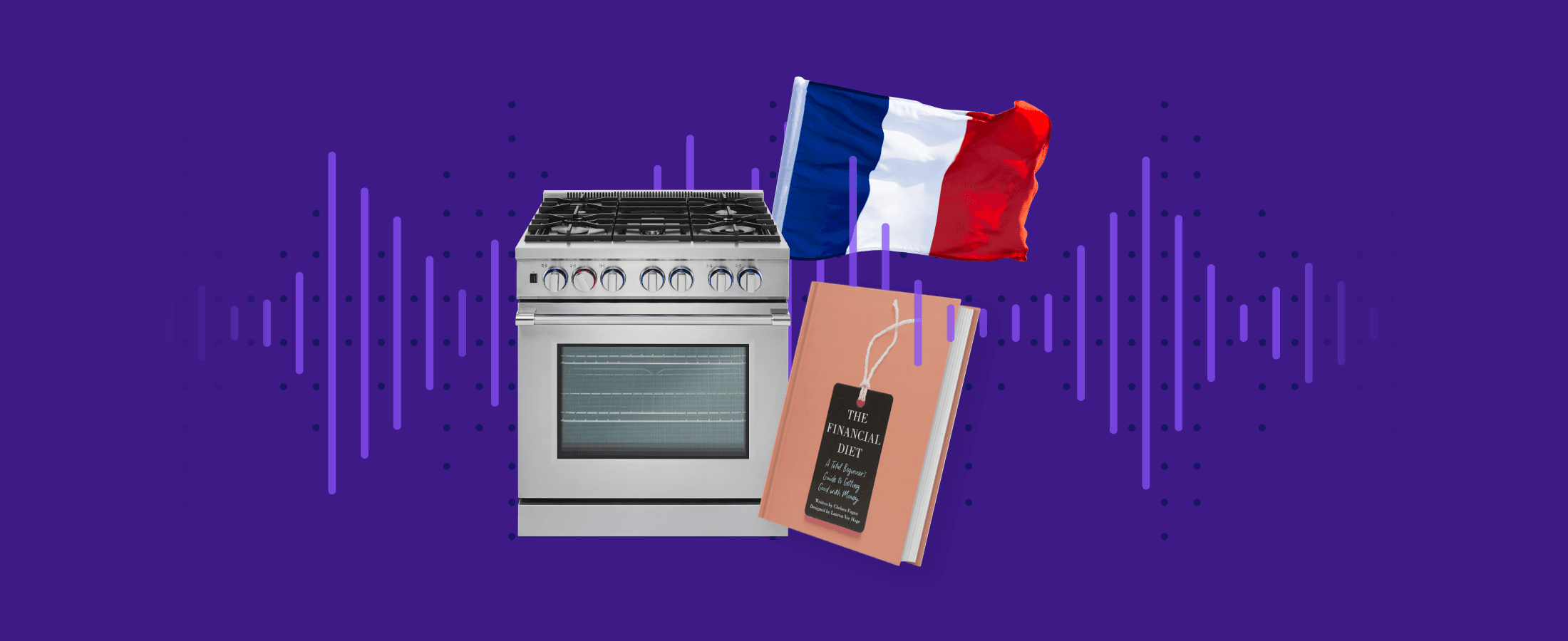
Leave us your review on Apple Podcasts, or wherever you listen to your favorite podcasts.
If you’ve been avoiding your lender, and all those calls from creditors, this one’s for you. Chelsea Fagan, the founder of The Financial Diet blog, sits down with us on Teach Me How to Money to talk strategy for rebuilding credit and improving your credit score. She shares some tips from her own life about how to make your phone stop ringing.
Chelsea Fagan is a writer and the founder of The Financial Diet, the leading digital destination for young women to learn and talk about money. She is based in New York City.
Related articles
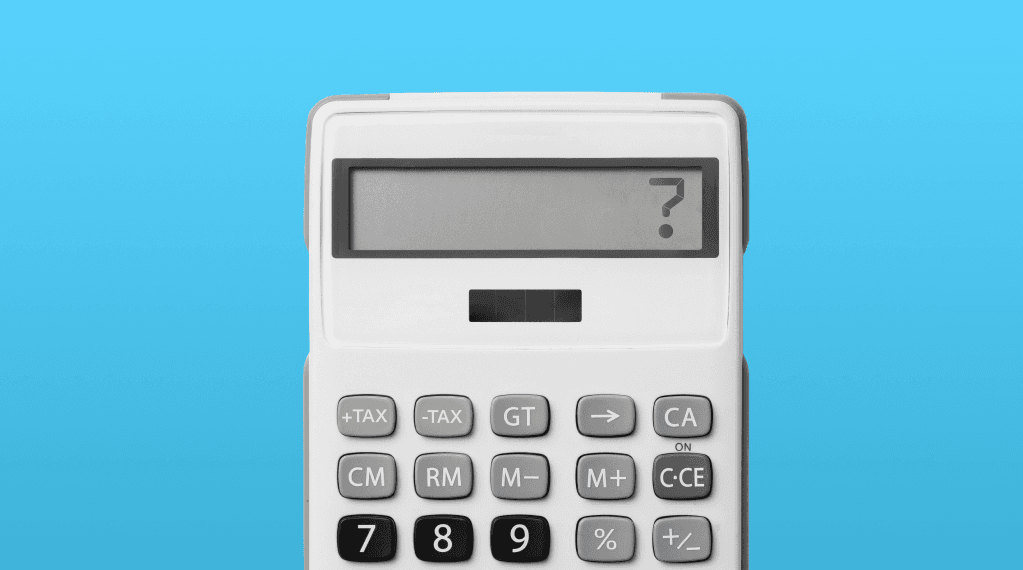
borrowing
Oct 14, 2024
How To Use Personal Loans

borrowing
Oct 07, 2024
Cash Advances vs. Personal Loans: Which is Better?

borrowing
Oct 07, 2024
How To Use Cash Advances
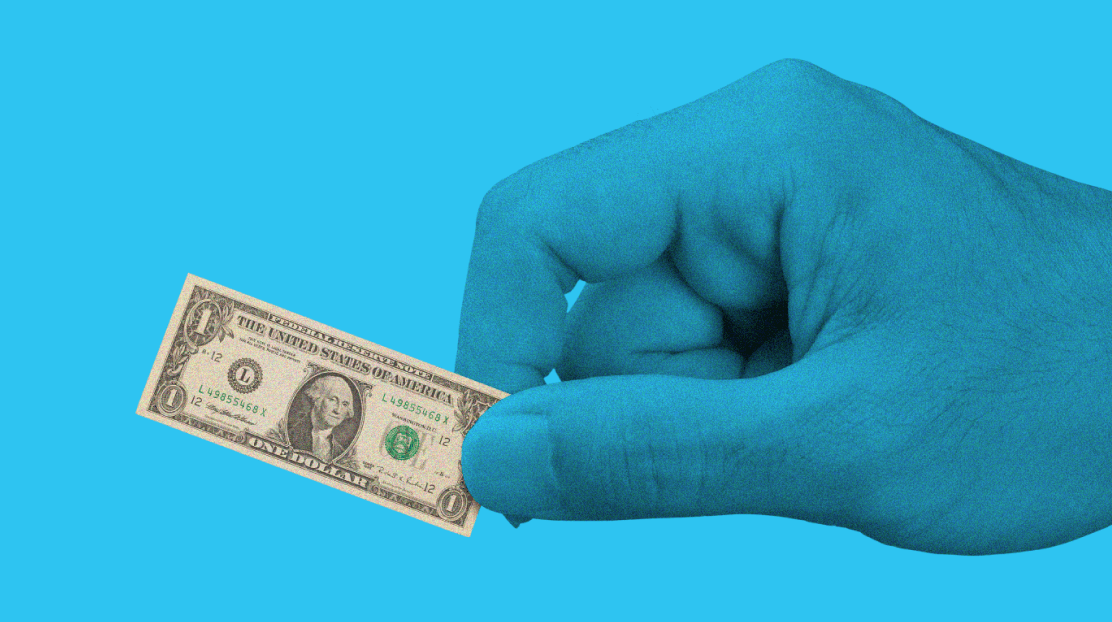
borrowing
Oct 07, 2024
How To Pay Off a Cash Advance Quickly
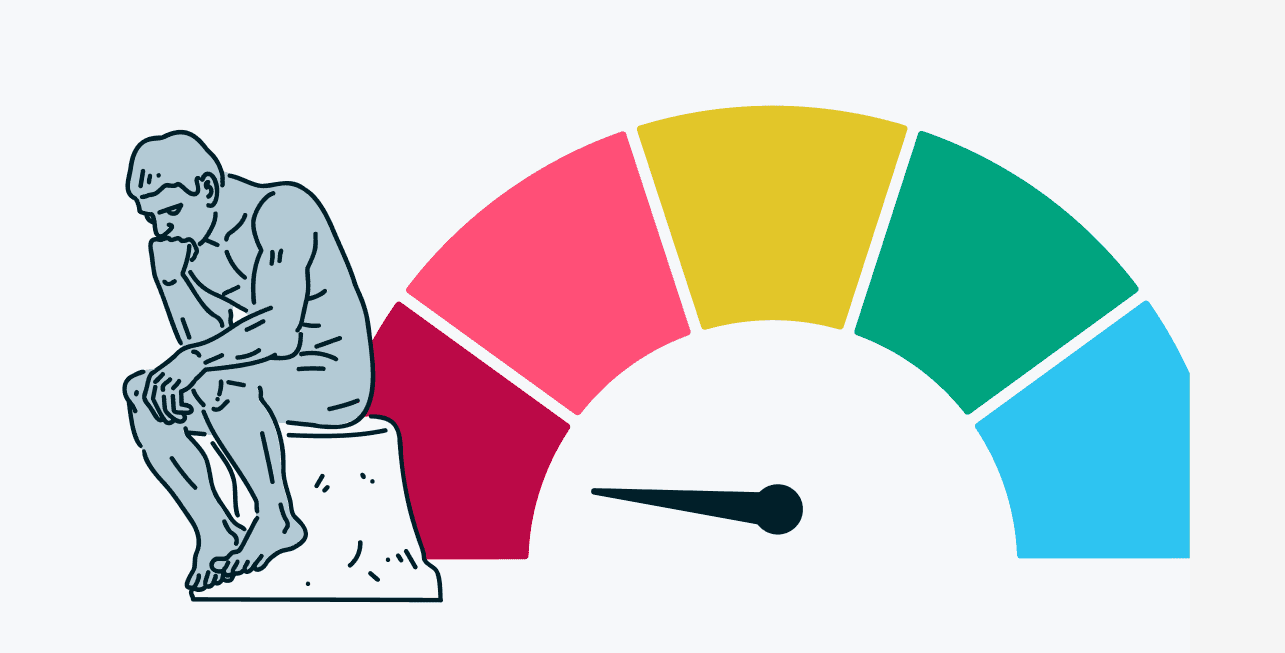
borrowing
Oct 07, 2024
What To Know Before Taking a Cash Advance
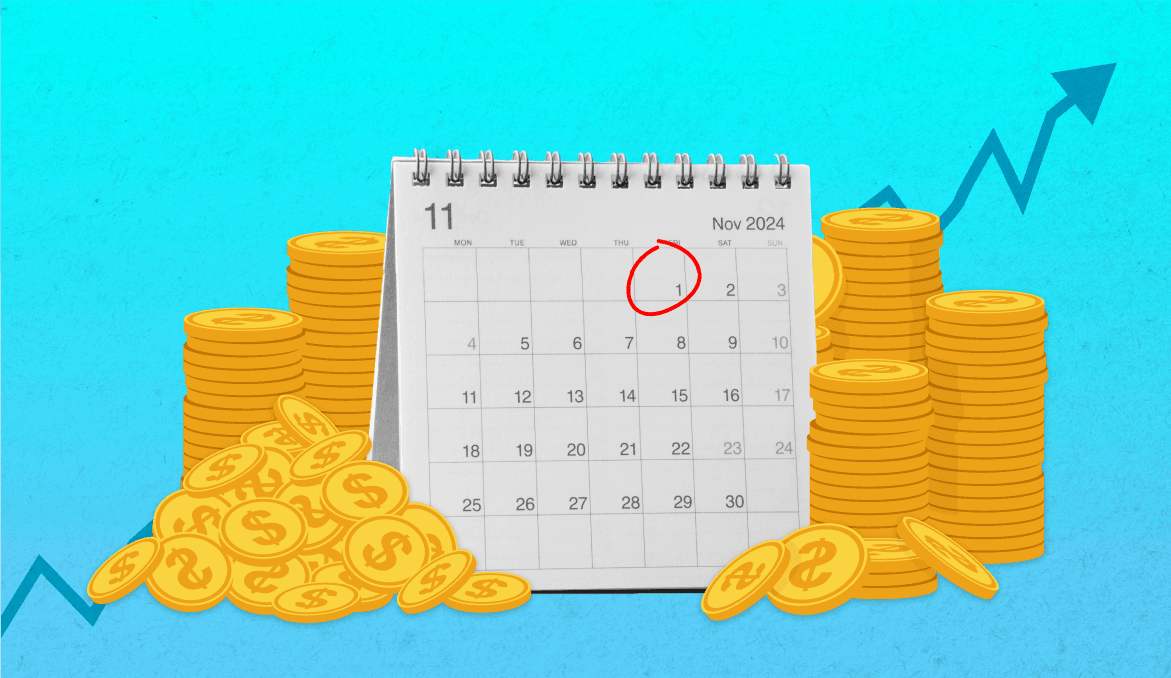
borrowing
Oct 07, 2024
How to Avoid Cash Advance Fees
By using this website you agree to our Terms of Use and Privacy Policy. To begin investing on Stash, you must be approved from an account verification perspective and open a brokerage account.
